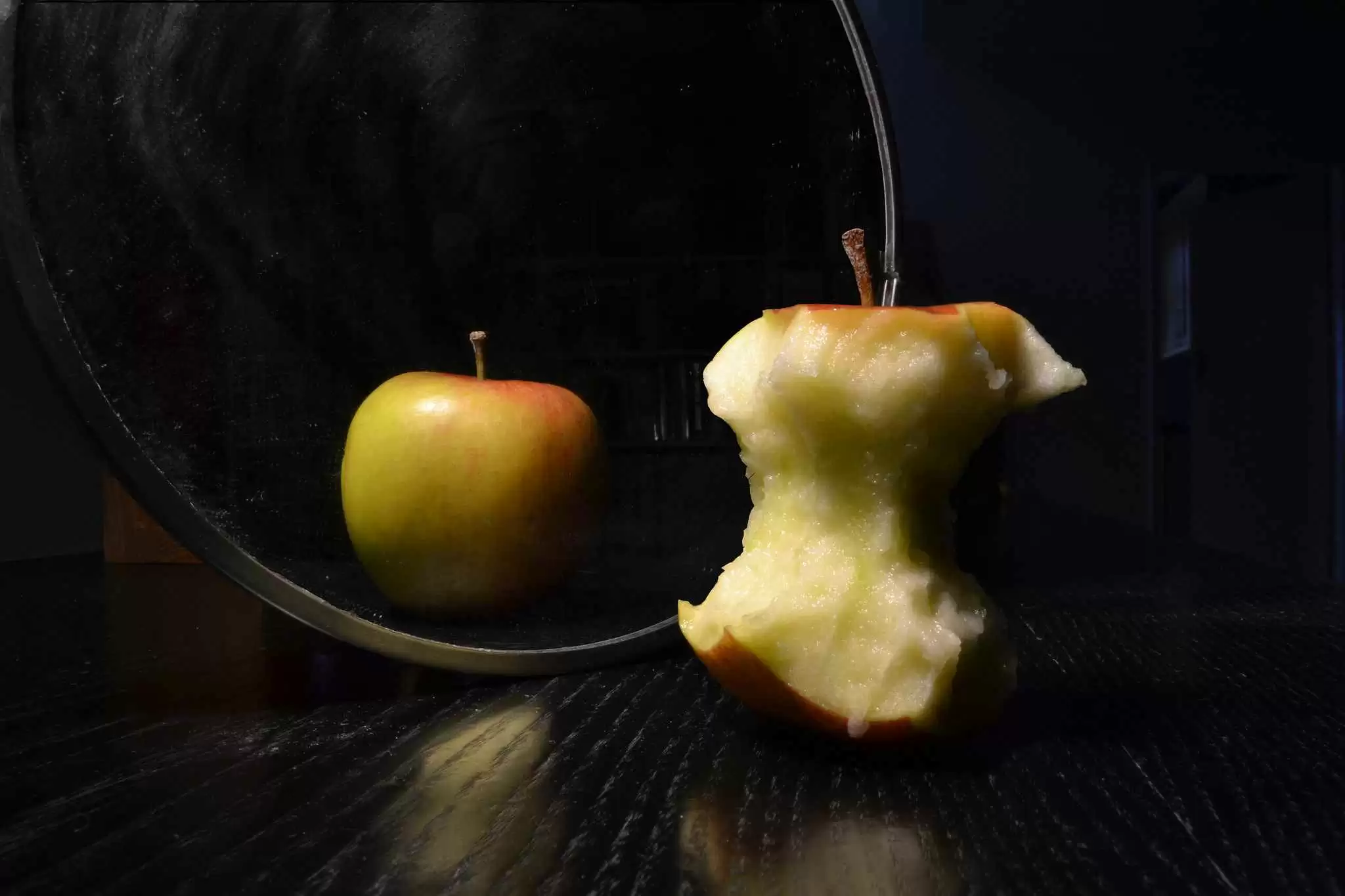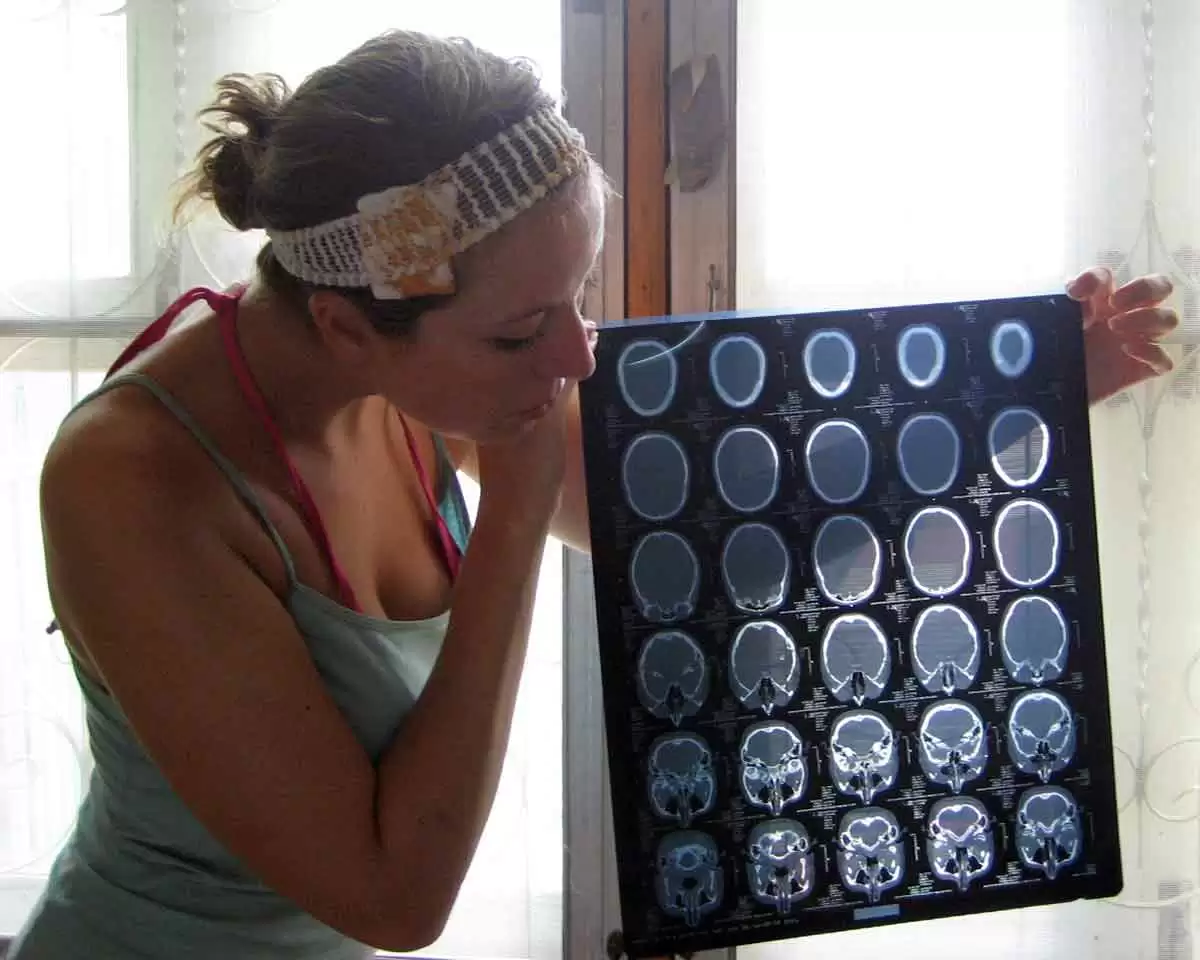
Celiac.com 02/01/2023 - Previous studies have pointed to a connection between celiac disease and anorexia nervosa. Research has mainly focused on children and teens, and with very few studies on adults.
Both celiac disease and anorexia nervosa can share clinical features that can complicate a diagnosis for celiac disease. Delayed celiac diagnosis can degrade quality of life and cause serious complications for people with anorexia nervosa. For this reason, it's important to do a complete diagnostic workup, and get to the heart of the matter quickly.
Case Study of Woman with Anorexia Nervosa
Celiac.com Sponsor (A12):
A team of clinicians recently reported the case of a woman with anorexia nervosa who was later diagnosed with celiac disease. Their report noted that a focused medical history remains the hallmark of a proper diagnosis.
The clinical team included Antonios Tsakiris, Styliani Papantoniou, Panagiotis Kouvatsos, Charalampos Tamvakos, and Stavros Antonopoulos. They are variously affiliated with theDepartment of Cardiology, 'Elpis' General Hospital of Athens in Athens, Greece; and the Departments of Internal Medicine, Infectious diseases, and the Diabetes Center, Tzaneio General Hospital of Piraeus, Piraeus, Greece in Piraeus, Greece.
The Team's Report
Their recent report describes the case of their patient, a 43-year-old woman with anorexia nervosa, who was later diagnosed with celiac disease after a long bout of recurring diarrhea. Because the patient had a history of autoimmune disease, her doctors thought celiac disease might be a factor. For this reason, they were vigilant and were able to spot her celiac disease early.
The team's case study shows how important it is to be vigilant and to do detailed work-ups with anorexia nervosa patients who have persistent gastrointestinal symptoms.
They recommend including medical history, clinical presentation, and laboratory findings in patient work-ups.
The difficulty and importance of diagnosing celiac disease in anorexia and many other conditions is serious business. Getting it right can often be the result of detailed patient work-ups, persistence and detective work on the part of physicians. In cases like this, the stakes are high, and the rewards to the patient are great.
Read more at Cureus.com










Recommended Comments
There are no comments to display.
Create an account or sign in to comment
You need to be a member in order to leave a comment
Create an account
Sign up for a new account in our community. It's easy!
Register a new accountSign in
Already have an account? Sign in here.
Sign In Now